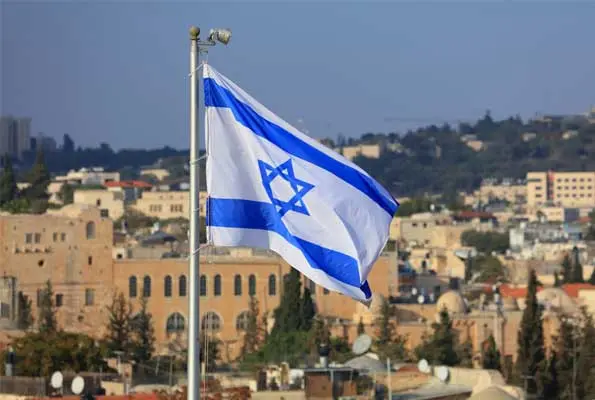September 15, 2023 marked the three years of the United Arab Emirates and Israel restoring their diplomatic relations because of the Abrahamic Accords, an arrangement mediated by the United States.
After Egypt (1979) and Jordan (1994), the UAE became the third Arab country to forge diplomatic ties with Israel, breaking a 25-year streak without doing so.
A month later, Bahrain followed suit, and soon after, the transitional administration of Sudan declared they would resume connections. However, the concept was met with resistance from several Sudanese political parties and remained unfinished. Then, in December 2020, Morocco consented to open full diplomatic and commercial ties with Israel as well as to start operating direct flights between the two nations.
The agreements broke years of agreement among most Arab states that any official recognition of Israel should be conditional on ending the occupation of Palestinian land and making a two-state solution based on the borders of 1967. The Trump administration broke those agreements.
Following President Jimmy Carter’s Camp David Summit the year before, Egypt’s President Anwar Sadat signed a peace deal with Israel in 1979. As per the agreement, Egypt would fully recognise the Jewish state and establish diplomatic relations with Israel in return for Israel giving up the Sinai Peninsula.
US President Bill Clinton, during his reign, observed the formal declaration of peace between Israeli Prime Minister Yitzhak Rabin and Jordan’s King Hussein on October 26, 1994. A year had passed since Israel and the Palestinian Liberation Organisation (PLO) signed the Oslo Peace Accords.
Then, on September 15, 2020, US President Donald Trump and Israeli Prime Minister Benjamin Netanyahu signed agreements with the foreign ministers of Bahrain, Abdullatif al-Zayani, and the United Arab Emirates, Sheikh Abdullah bin Zayed Al Nahyan. Following that, Israel and Morocco decided to establish full diplomatic and trade relations on December 10, 2020, with assistance from the US.
Despite having participated in the Abraham Accords, Sudan has not yet completed the signing of a treaty of normalisation with Israel.
Knowing The State-To-State Diplomacy
For two countries to have diplomatic ties, their governments’ sovereignty must be acknowledged. Usually, this entails cooperation, bilateral agreements, commercial relations, and ambassador exchanges.
International law and traditions, which have developed over time, define diplomatic relations and the customs that surround them.
The Vienna Convention of the United Nations, adopted in 1961, codifies them.
Trade Amongst Abrahamic Accord Signatories
According to the Reuters news agency, trade between Israel and the United Arab Emirates reached USD 1.85 billion in the first seven months of 2023, up from USD 2.5 billion in 2022.
With the implementation of a free trade agreement in March 2023, tariffs on about 96% of goods traded between Israel and the UAE were eliminated. Over the following five years, the agreement seeks to increase bilateral trade to over USD 10 billion.
The same seven-month period saw USD 8.5 million in trade with Bahrain. On September 4, Israel established an embassy in Bahrain, and a few days later, the central bank of Bahrain and Israel signed a fintech agreement.
Over the previous three years, bilateral trade between Israel and Morocco has also expanded. Israel stated last year that it aimed to reach USD 500 million in annual trade volume with Morocco.
Regarding Morocco’s claimed sovereignty over the disputed Western Sahara, the Israeli government has also given it some thought.
Arab Nationals On Israel Normalising Ties
As per the findings of a survey carried out by Princeton University-based research firm Arab Barometer, the majority of people in the Middle East and North Africa (MENA) are against the rapprochement of Arab nations and Israel.
The following question was posed to participants in a poll of 26,000 people who resided in 11 populous MENA nations between October 2021 and July 2022: “To what extent do you favour or oppose the normalisation of relations between Arab states and Israel?”
Less than half of the respondents in nine out of the eleven nations polled said they were in favour of normalising relations with Israel.
Algerians were the least supportive of relations with Israel, with only 4% of them in favour, ahead of supporters in Egypt (5%), Jordan (5%), Palestine (6%), Libya (7%), Mauritania (8%), Tunisia (11%), Iraq (4%), and Lebanon (17%).
Approximately 31% of Moroccans and 39% of Sudanese expressed support for the normalisation of relations with Israel.



